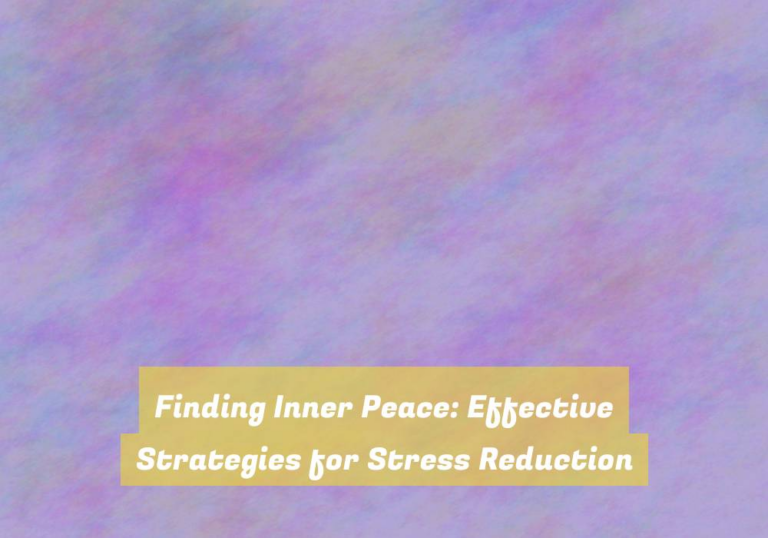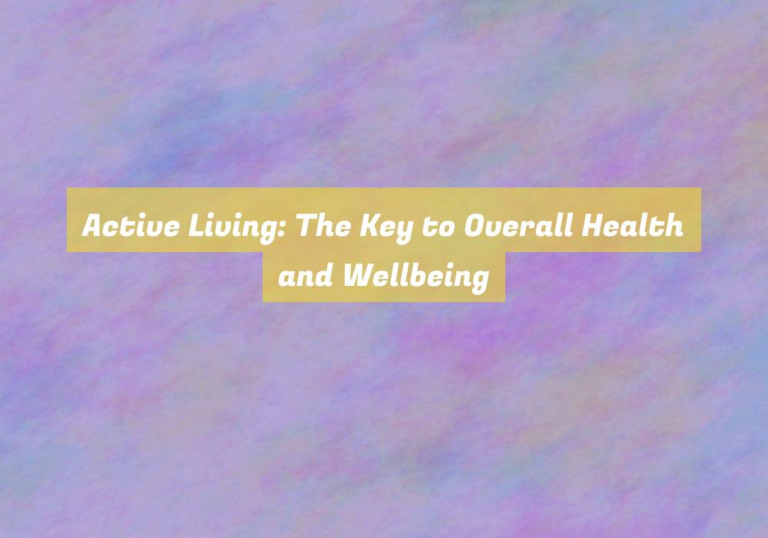Nutrition Myths Uncovered: Separating Truth from Fiction
Do you ever feel like youG??re navigating a maze of conflicting information when it comes to nutrition?
ItG??s time to put an end to the confusion and uncover the truth about what really constitutes a healthy diet.
You may be surprised to learn that some widely held beliefs about carbs, fats, sugar, and gluten are not as accurate as you might think.
So, if you want to make informed choices about your health and well-being, itG??s essential to separate fact from fiction when it comes to nutrition.
The Truth About Carbs
You mightG??ve heard that carbs are bad for you, but the truth is that not all carbs are created equal. Carbohydrates are actually an essential part of a balanced diet. The key lies in choosing the right kind of carbs.
Whole grains, fruits, and vegetables are sources of complex carbohydrates, which are packed with nutrients, fiber, and energy. These are the carbs that your body digests more slowly, providing a steady release of energy and keeping you feeling full for longer.
On the other hand, simple carbohydrates like those found in sugary snacks and processed foods can cause rapid spikes in blood sugar levels, leading to a quick burst of energy followed by a crash. ItG??s important to be mindful of the types of carbs you consume and opt for the healthier, complex ones.
This means choosing brown rice over white rice, whole wheat bread over white bread, and fresh fruits over sugary desserts.
Debunking the Fat Myth
The truth about carbohydrates being an essential part of a balanced diet leads us to debunk the myth that all fats are unhealthy. In fact, fats are crucial for overall health and well-being. ItG??s time to set the record straight: not all fats are created equal.
While itG??s true that excessive consumption of trans fats and saturated fats can be detrimental to your health, there are healthy fats that your body needs. Monounsaturated and polyunsaturated fats, found in foods like avocados, nuts, seeds, and fish, are essential for maintaining healthy cholesterol levels, supporting brain function, and reducing the risk of heart disease.
These healthy fats also play a key role in nutrient absorption, including fat-soluble vitamins like A, D, E, and K.
Uncovering Sugar Secrets
Uncovering the truth about sugar and its impact on your health is essential for making informed dietary choices. Sugar is often hidden in processed foods and drinks, leading to excessive consumption without even realizing it. Contrary to popular belief, sugar isnG??t just a source of empty calories; it can also have serious implications for your health. Excessive sugar intake has been linked to obesity, type 2 diabetes, heart disease, and even certain types of cancer. It can also contribute to skin aging and dental issues.
One of the biggest misconceptions about sugar is that all calories are created equal. However, the way our bodies metabolize different types of sugar varies, and not all sugars have the same impact on our health. For example, fructose, which is commonly found in high-fructose corn syrup and table sugar, can be particularly harmful when consumed in large amounts. On the other hand, natural sugars found in fruits come with additional nutrients and fiber, making them a healthier choice.
Understanding the sources and effects of sugar in your diet is crucial for maintaining a healthy lifestyle. By becoming more mindful of your sugar intake and opting for whole, unprocessed foods, you can take control of your health and well-being.
Dispelling Gluten Misconceptions
Dispelling misconceptions about gluten is essential for understanding how different dietary components can impact your health. Gluten is a protein found in wheat, barley, and rye, and itG??s often demonized as a dietary villain. However, itG??s important to clear up some common misunderstandings about gluten.
Firstly, gluten isnG??t inherently unhealthy for everyone. It can cause issues for individuals with celiac disease or gluten sensitivity, but for the general population, thereG??s no need to avoid gluten if you donG??t have a specific intolerance.
Secondly, gluten-free doesnG??t automatically mean healthy. Many gluten-free products are highly processed and may lack essential nutrients. ItG??s crucial to be mindful of your overall dietary choices rather than focusing solely on gluten.
Lastly, gluten isnG??t the root cause of all health problems. While some people may feel better on a gluten-free diet, attributing all health improvements to the absence of gluten can be misleading. Understanding the true impact of gluten on your health requires careful consideration and, if necessary, consultation with a healthcare professional.
Conclusion
So, now that you know the truth about nutrition myths, you can make informed decisions about your diet.
Remember, carbs arenG??t the enemy, and fat is essential for a healthy body.
Keep an eye on hidden sugars and donG??t be afraid of gluten if you donG??t have a sensitivity.
With this knowledge, you can confidently navigate the world of nutrition and make choices that are best for your health.





